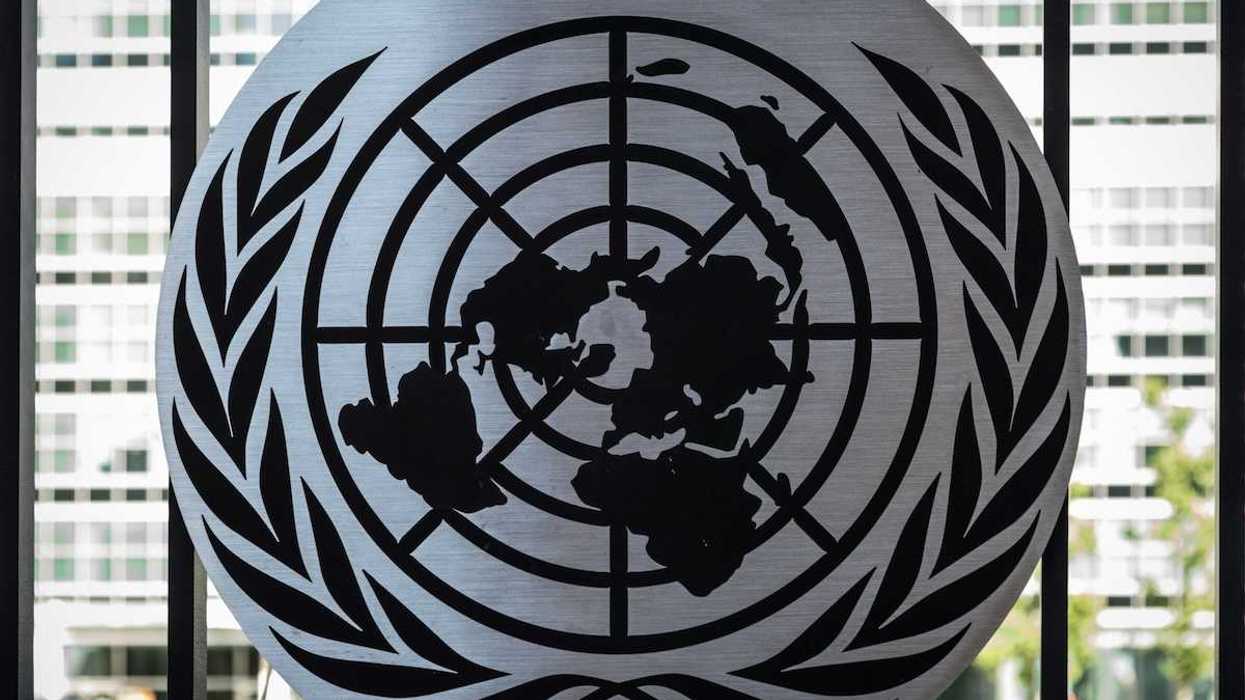The U.S. Environmental Protection Agency is weighing a rule that would block states from requiring cancer warnings on pesticide labels, potentially shielding Bayer from further Roundup-related lawsuits.
Schuyler Mitchell reports for The Intercept.
In short:
- Bayer, facing over 160,000 lawsuits and $11 billion in payouts over Roundup’s link to cancer, is backing an EPA rule to prevent states from adding warning labels that conflict with federal guidance.
- The proposed change would define such state labels as “misbranded,” making it harder for victims to sue under failure-to-warn claims.
- Trump’s EPA chief Lee Zeldin is pushing aggressive deregulation, even as the administration promotes a “Make America Healthy Again” agenda promising reduced industry influence.
Key quote:
“It's telling of the lengths that pesticide manufacturers will go to make sure that nothing interferes with their profit margins. “There’s a reality that the industry itself generates much of the data, and they say it’s safe, and then EPA approves that determination.”
— Brett Hartl, government affairs director at the Center for Biological Diversity
Why this matters:
Glyphosate, the controversial chemical at the heart of Roundup weedkiller, has become a flashpoint in the ongoing battle between federal oversight and local control of pesticide regulation. While farmers and landscapers have leaned on it for decades to kill weeds efficiently, the substance has come under intense scrutiny after the World Health Organization labeled it “probably carcinogenic.” Lawsuits from cancer patients, some of which have resulted in multi-million dollar judgments against Bayer (which owns Roundup’s maker, Monsanto), have put a human face on those warnings. Yet, the EPA has continued to downplay those risks — relying heavily on studies funded by the same companies that produce the chemical.
Now, a proposed federal rule would go even further, blocking states from issuing their own health warnings about glyphosate — warnings that, in some cases, courts have upheld as valid. Critics argue the rule would effectively silence communities trying to protect themselves from exposure in schoolyards, parks, and fields, placing national standards firmly in the hands of chemical industry lobbyists.














